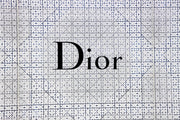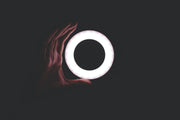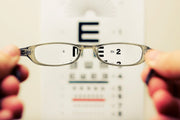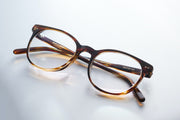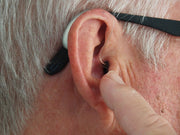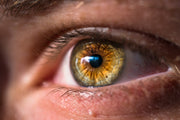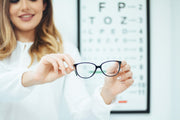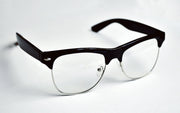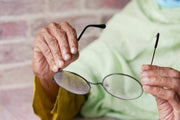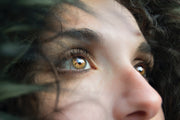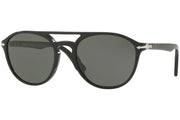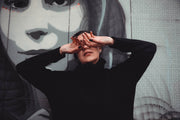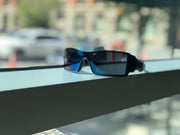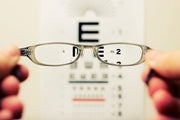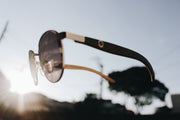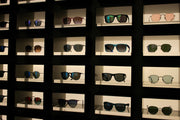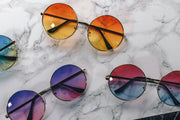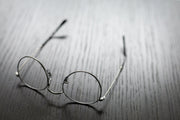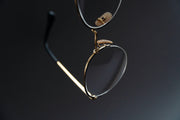Although wearing glasses has numerous benefits, they also come with a few side effects. Some people experience headaches and sore or tired eyes during the first several days. However, as your eyes take the time to stop straining, the headaches and soreness will vanish. Some people may also experience slight dizziness or light sensitivity, but symptoms only last for a few days.
Wearing eyeglasses can improve your vision potentially, but it is not necessarily the best treatment to reduce or avert your level of vision impairment. A majority of people eventually experience visual deterioration in their eyesight after wearing eyeglasses.
You will gradually require a stronger prescription to "improve" your vision as years go by. Nearsighted people typically undergo myopic progress over time.
The reason this occurs is because the eye muscles have become accustomed to contracting the glasses that it changes its contours in a significant way, which adversely affects vision because the eye focuses too little or too much. Vision is constantly changing, it's never static.
Some of the possible side effects of wearing your glasses for extended periods include the following:
1. Blurred vision
One of the unwanted results of frequent eyeglass use is blurred vision. Instead of enhancing your vision, using your glasses excessively can interfere with your visual acuity. This is often accompanied by sensitivity to bright lights.
2. Red eyes
This is one of the highest degrees of injury to the eyes of all the various causes. Irritation, brightness, and not enough sleep can lead to bright red eyes, although such symptoms disappear in a matter of hours. Accessibility as a result of eye wear abuse for a more serious injury and should not be taken lightly. When red eyes are caused by too much eyeglass use, it is important to seek professional help and treatment if necessary.
3. Bump (temporary mark) on nose
Acanthoma fissuratum, commonly called 'bumps on nose,' is a medical term for the unusual growth that may develop in individuals who wear glasses for extended period. It usually presents as a raised bump where the frame of the glasses touches the skin.
4. Ear pain
Often, the reason your glasses hurt your ears is you used eyeglasses that fit poorly. We have a unique facial form, and our glasses must be tailored to fit us specifically. Sometimes, you may also feel pain in your ears due to the incorrect size frame.
5. Headache
The reasons why glasses give you headaches include fit issues or lens defects. If you have a strong prescription, the swim effect can be very uncomfortable for many people.



